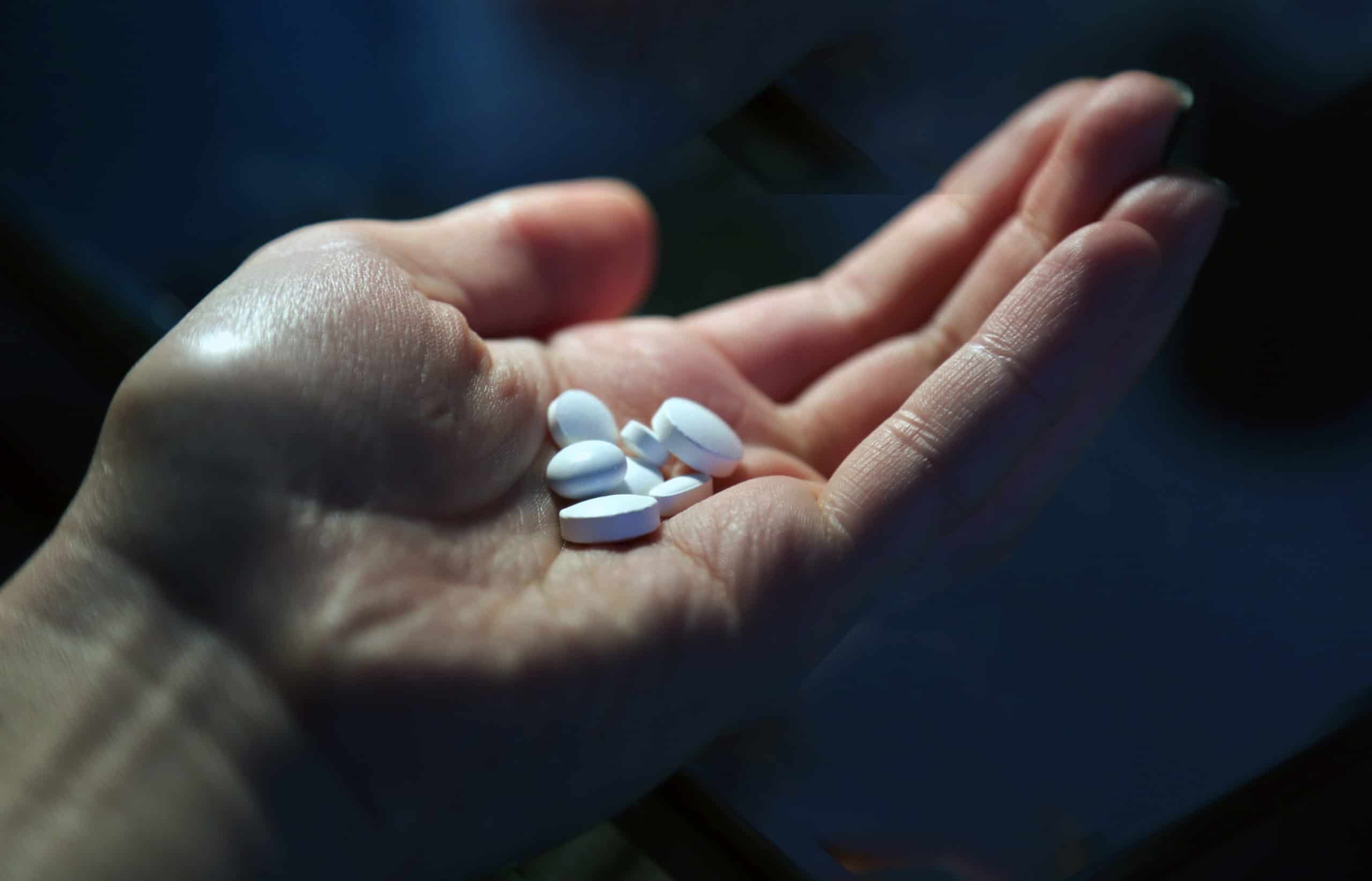Recovery from addiction isn’t just about willpower or determination—it’s about finding the right combination of medical care and emotional support. For individuals struggling with opioid or alcohol addiction, Medication-Assisted Treatment (MAT) offers a scientifically backed approach that addresses both the physical and psychological aspects of addiction.
Understanding Medication-Assisted Treatment
Medication-Assisted Treatment represents a fundamental shift in how we approach addiction recovery. Rather than viewing addiction as a moral failing, MAT recognizes it as a chronic medical condition that requires ongoing care and support.
The Science Behind MAT
Addiction changes the brain’s reward system, making it extremely difficult to quit without medical intervention. Opioids and alcohol affect neurotransmitter pathways, creating physical dependence that goes beyond psychological attachment.
MAT medications work by:
- Blocking the euphoric effects of drugs or alcohol
- Reducing intense cravings that can trigger relapse
- Preventing painful withdrawal symptoms
- Allowing the brain to heal and restore normal function
This medical approach provides the stability needed for individuals to engage meaningfully in therapy and rebuild their lives.
MAT for Opioid Addiction Recovery
Opioid addiction affects millions of Americans, creating a public health crisis that demands effective treatment solutions. MAT has proven to be one of the most successful approaches for opioid addiction recovery.
Key Medications Used
Several FDA-approved medications form the foundation of opioid MAT programs:
Methadone helps reduce withdrawal symptoms and cravings by acting on the same brain receptors as opioids, but without producing the same high. It’s administered daily at specialized clinics under medical supervision.
Buprenorphine offers similar benefits to methadone but with lower risk of overdose and abuse. It can be prescribed by qualified physicians in office settings, making treatment more accessible.
Naltrexone blocks opioid receptors entirely, preventing any euphoric effects if someone uses opioids. It’s available as a daily pill or a monthly injection.
Supporting Recovery Goals
MAT for opioid addiction doesn’t just focus on stopping drug use—it helps individuals rebuild their entire lives. The stability provided by medication allows people to return to work, repair relationships, and develop healthy coping strategies.
MAT for Alcohol Addiction Recovery
Alcohol addiction presents unique challenges that MAT addresses through targeted medications and supportive care. The approach recognizes that alcohol withdrawal can be dangerous and that long-term recovery requires ongoing support.
Medications for Alcohol Recovery
Naltrexone reduces alcohol cravings by blocking the pleasurable effects of drinking. It helps individuals feel less compelled to drink and reduces the risk of heavy drinking episodes.
Disulfiram creates unpleasant physical reactions when alcohol is consumed, serving as a deterrent to drinking. It’s most effective when used as part of a comprehensive treatment program.
Comprehensive Care Approach
MAT for alcohol addiction works best when combined with behavioral therapies, support groups, and lifestyle changes. The medication provides a foundation of stability while counseling addresses underlying issues and develops coping strategies.
The Role of Counseling and Support
While medications provide crucial stability, the counseling component of MAT addresses the psychological aspects of addiction. Individual therapy helps people understand their triggers, develop coping strategies, and work through underlying trauma or mental health issues.
Group therapy and peer support create connections with others who understand the recovery journey. These relationships provide encouragement, accountability, and practical advice for navigating challenges.
Family therapy helps repair relationships damaged by addiction and creates a supportive home environment for recovery. When families understand addiction as a medical condition, they can provide more effective support.
Benefits of MAT for Long-Term Recovery
Research consistently shows that MAT improves treatment outcomes across multiple measures. Individuals in MAT programs experience:
- Reduced risk of overdose and death
- Decreased criminal activity and incarceration
- Improved employment and housing stability
- Better physical and mental health outcomes
- Stronger family and social relationships
These improvements extend beyond the individual to benefit families and communities. MAT doesn’t just save lives, it helps people rebuild meaningful, productive lives.
Take the Next Step Toward Recovery
If you or someone you care about is struggling with opioid or alcohol addiction, professional help is available. The team at Grand Falls Center for Recovery understands the complexities of addiction and offers comprehensive MAT programs designed to support lasting recovery.
Don’t wait to seek help. Contact Grand Falls Center for Recovery today to learn more about how MAT can support your journey toward a healthier, more fulfilling life.

